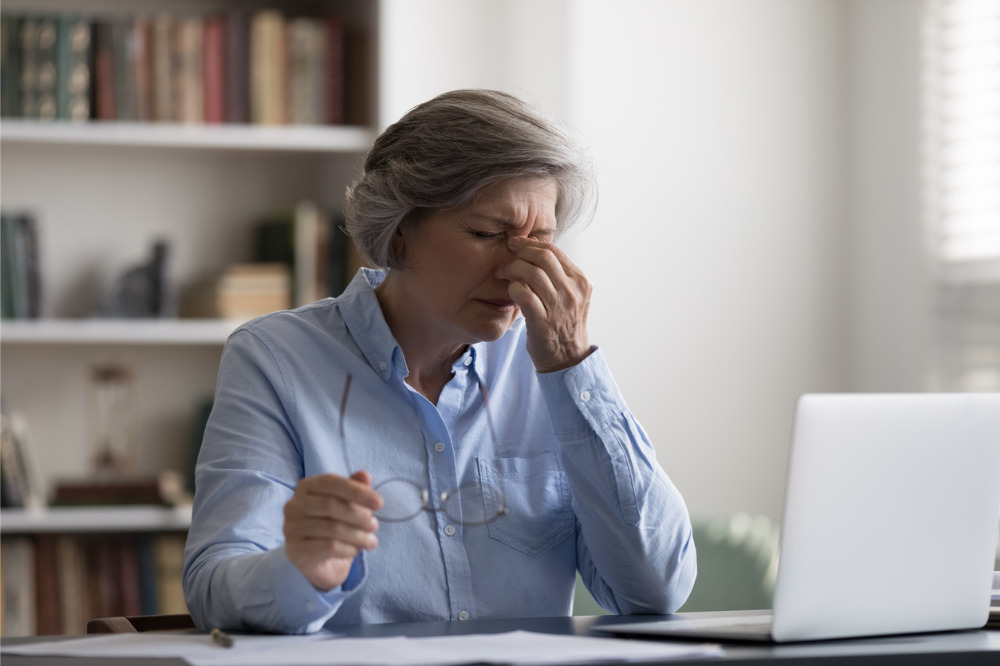
Across Australia, massive workloads and increasing demands are taking a grim toll on teachers and school leaders, with some reports showing one in four teachers intend to leave the profession before retirement.
In April, Australian Principal Federation Victorian president, Tina King, revealed a large number of the Federation’s members had either retired or were considering retirement due to increased workload and COVID-related pressures.
More broadly, comprehensive studies show that the health and wellbeing of school leaders is at crisis point. The latest report into the health and wellbeing of Australia’s school leaders found that principals and their deputies work on average at least 55 hours a week, while a quarter of those report working more than 60 hours a week.
Australian Primary Principals Association president, Malcolm Elliott, said primary school leaders are in dire need of relief from “crushing” workload pressures.
“This means beefing up administrative support and implementation of multi-year school financing and staffing agreements,” Elliott told The Educator.
“All policy initiatives must incorporate sufficient lead time [usually a minimum of a year] to allow appropriate planning and resource.”
He said leader networks, both formal and informal, must be supported by boards and systems if improvements are to be seen.
“Performance pressures from systems, boards and parents based on competition for ‘results’ [NAPLAN, ATAR and PISA being prime examples] must end,” he said.
“Instead, we must recognise that our school leaders are one of our most prized resources in building a just, equitable, fair and democratic nation.”
‘Schools can’t be used as political punching bags’
Happy Schools is an organisation that has been working with educators across Australia to improve their wellbeing and performance. Its director, Steve Francis, says demands on staff in schools, including principals, other leaders, teachers and front office staff, are “at an all-time high”.
“It is vital that communities receive consistent messages of support about the important work that schools deliver. Schools are the cornerstone of our communities,” Francis told The Educator.
“Whilst local politicians say they are advocates for ‘their’ schools, their actions must show that they support the work of ‘our’ schools and not participate in the undermining of the work of schools. Schools take on more than ever before and can’t be used as political punching bags.”
Francis said additional resources for schools are needed to “meet the unrealistic demands” of society and reduce the bureaucratic demands placed on staff in schools.
“Being a school principal is demanding, stressful and can be lonely. Many principals wear the brunt of the stress and endeavour to ‘gatekeep’ to protect their staff. However, they too need the support and guidance of a trusted colleague or professional counsellor.”
Francis said he has seen examples where principals’ associations such as QASSP, provide welfare officers who provide practical, relevant and confidential support, but said these services are stretched and need to be adequately resourced.
Retiring Meadowglen Primary School principal, Dr Loretta Piazza, recently launched a series of podcasts specifically related to the day-to-day work of principals, including the emotional rollercoaster they often find themselves on.
The podcasts, available on Apple podcasts, Spotify and other platforms, involves interviews with school leaders, are designed “to help principals, deputy principals and assistants stay ahead of the game.”
“My blog has each of the interview transcripts and links to additional resources that are discussed during the interviews,” Piazza told The Educator.
“The first series on mentoring and coaching was my way of easing into podcasting, something I knew nothing about, especially the technical side of production.”
Dr Piazza said she learned a lot from this experience and when she thinks about going back and re-recording some of those earlier episodes that might be too long, she reminds herself of the great strides she has made.
“The second series, called ‘Just doing the principal’s job’, tackles the bigger issues of health and wellbeing, including the suicide of Mark Thompson and the stories of two principals who left the job completely destroyed,” she said.
“My third series on school improvement is well underway. Although this new series won’t have the ‘shock’ factor, it’s nonetheless very topical and an important component of the work of principals.”
Dr Piazza said she has had “marvellous” support and feedback from the people she has interviewed, adding that she is deeply grateful.
“My mantra is: staying ahead of the game. If I can help even one principal from going under, then all of this work has been worth it.”


